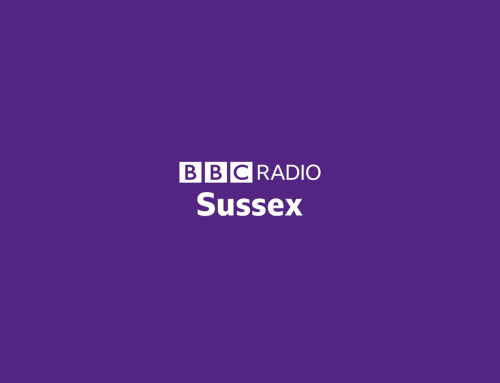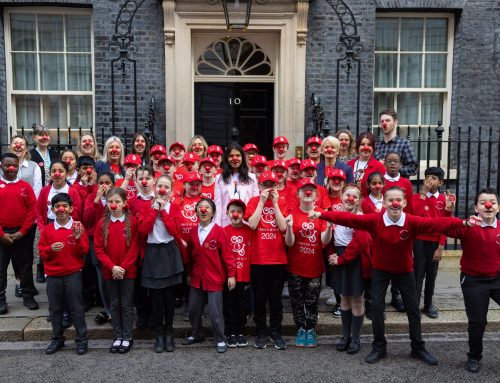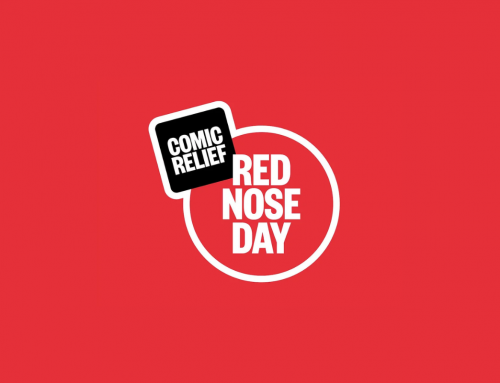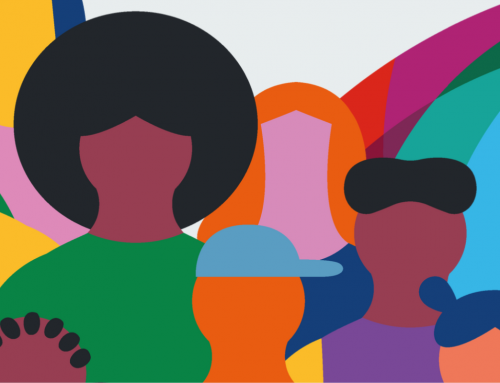Music Therapy and Grief.
Working in music therapy with children who have experienced loss.
By Gabrielle Norman
The death of a parent is very painful but as an adult it may be easier to come to terms with and find ways to work through your grief. What happens though if you are a child, particularly a very young child? How do you comprehend the finality of death? What understanding do you have of the grief of the surviving parent? And what support is there for you?
Bella and David (all names have been changed) are 5-year-old twins whose father died from cancer when they were just 3. He became increasingly unwell during the year before his death and so unable to play and interact with them as much as he and they would have wanted in those crucial formative months.
Following his death their mother understood how important it was for the children to talk about and remember their father, and she ensured they had as much support as possible. She encouraged open discussions about Daddy to keep him present in their lives. When an opportunity arose for them to have music therapy, she was happy to say yes. The sessions were free for the family thanks to a generous donation to Waves which had been specifically donated to support children who have suffered a bereavement.
Before beginning the sessions, I spoke with Bella and David’s mum to understand more about their father – her husband- , to hear about the children, their relationship with their father, what they enjoyed (and didn’t enjoy) and to understand any specific concerns she had about them. I also spoke with their schoolteacher to hear her thoughts about how the children were managing. Both described children who were happy to talk about their daddy often. Each of them had found different ways of coping. Both adults expressed more anxiety around David being less vocal and more withdrawn.
We agreed that sessions were to be held every week online via Zoom, after school with a break for the half-term holiday. There was funding for a total of 10 sessions. Holding an online session with a 5-year-old who is tired after a day at school can be challenging as their attention ebbs and flows. Two 5-year-olds? How would that go?
Our first session was all about getting to know each other. Bella and David seemed very excited to meet me, to hear about music therapy and what we were going to do. They wanted to show me all the musical instruments they had and competed with each other to tell me what they had been doing and what they liked to do.
As music therapists our sessions are client-led; we use what they bring to the session to explore feelings and thoughts together. However, with only 10 sessions it was important to use this time as effectively as possible whilst still enabling David and Bella to have control, and to feel safe and held. To help us frame our sessions together one of our first activities was for each of them to make a chart with showing the number of weeks so that they could cross them off at the end of each session. This activity led to their showing me a wall in the kitchen with their daily timetable and calendar, including lots of photos of the family together – Bella, David, Mum and Dad. But they didn’t mention Daddy at all.
In fact, it was session 3 before they mentioned Daddy. This session during the hello song they spontaneously wanted to sing hello to Daddy as well as to Mummy (who they wanted me to sing hello to every week). Perhaps it had taken this long for them to feel confident about sharing him with me. And this presented my way into speaking about Daddy and about their feelings. Using emotion cards to prompt us we talked about all the different feeling we might have every day, and I introduced a happy and sad song which we sang together. There seemed to be some hesitancy or defence around exploring sad feelings but instead, David wanted to sing a song about feeling angry and he led the way improvising words and melody. It felt that he was allowing me to understand some of his feelings about his Daddy dying.
Now that they had initiated the conversation about Daddy, over the remaining sessions I introduced some more structured activities – some inspired by activities from a wonderful book Muddles, Puddles and Sunshine book by Diana Crossley, which supports young children who have experienced a bereavement. Using a mixture of art, music and chatting we explored memories of Daddy – for example what did he like to do, what was his favourite food, his birthday and talked about the whole family.
I suggested that perhaps we could write a song for Daddy and record it as part of a memory of our sessions together. Initially Bella seemed anxious – how would they do that? – but she seemed reassured that I would help them and she was enthusiastic in contributing some words to use in the song over the next few weeks.
Both children were very honest in their language about their father. They talked about “Daddy is dead” and they also said “Daddy is with us” – reflecting the faith that they have been brought up with through their mother. At school they drew Father’s Day cards for him which they showed me later that day with great pride – and were planning to take them to put on Daddy’s grave on Father’s Day.
For our last session together, I suggested to Mum that it could be possible to meet in person if she were happy about it, which she was. We told the children in the session before and they seemed very excited. As I drew up outside the house, they were watching for me through the window and were extremely animated and affectionate as I came into the house – wanting to carry my bag of instruments and help me set up. Although they had their own instruments, being able to explore what I had brought with me seemed very exciting.
We sang our hello song to create a frame around what was the session and what wasn’t – and David improvised some additional words around how lovely it was to see me in person. It was wonderful to be able to work together without trying to see two people on one screen and for them to be able to move around the room as they wished. There were moments too where it also felt my being there was almost overwhelming, too distracting and difficult for them to attend to any activity without a lot of support. We were however able to record the song for Daddy with David adding some additional improvised words about his feelings. The recording wasn’t perfect, but it provided a snapshot and memory of something important and powerful.
Finishing the session and saying goodbye felt difficult – perhaps more emotional because I was physically there that week rather than just on a screen and perhaps this made the ending feel more impactful.
Our time together had allowed Bella and David to be themselves and to express themselves however they wished. We sang lots of songs together, made up stories, talked about families and explored feelings. Over the 10 sessions I could observe how they supported each other and how different they were from each other. I felt that David became increasingly confident in expressing himself freely, whereas Bella though engaged was more cautious and reticent in self-expression.
Grief can’t be neatly packaged up in a box and put away, and these 10 sessions just provided a space for the children to be heard and to provide some containment for their feelings. It was a privilege to get to know Bella and David, and to spend time with them. Hopefully these sessions will have been useful, but there will always be moments where the loss of their father will be acutely felt, and it is likely that they will need more support in the future, particularly around significant milestones in their lives.
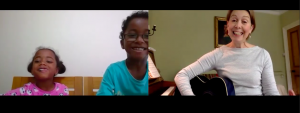
Gabrielle Norman works with children with a variety of needs including learning disabilities, PMLD, mental health and life-limiting conditions. During training Gabrielle worked in a children’s hospice and became particularly interested in the role of music therapy within palliative care, completing her MA research in this area.

